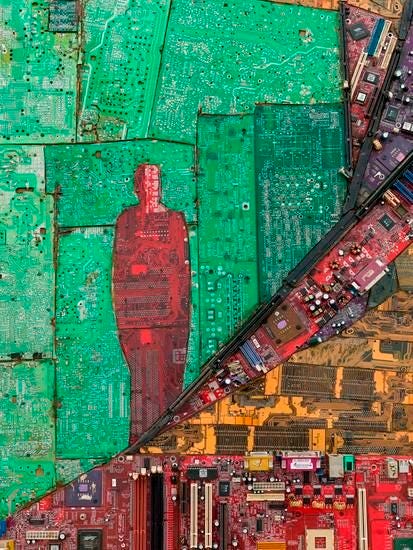Reclaiming My Mind: Life Beyond the Algorithm
It has been over a year since I stepped away from the shimmering, pixelated worlds of social media. What I know now, is that this choice was one of the most nourishing I have ever made. For my mind, unspooling like a fern in the absence of constant noise. For my attention, which no longer fractures under the weight of ceas…


